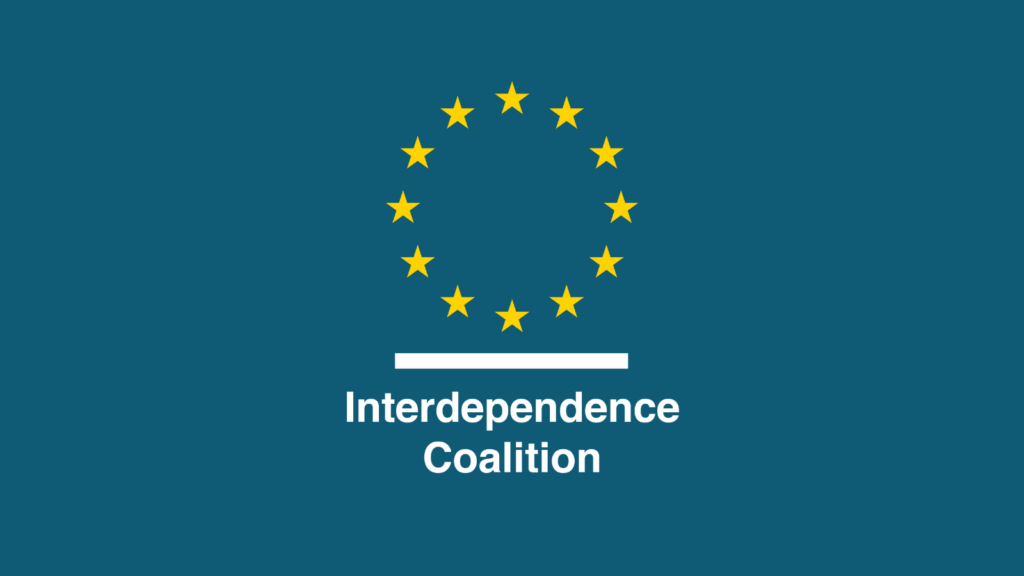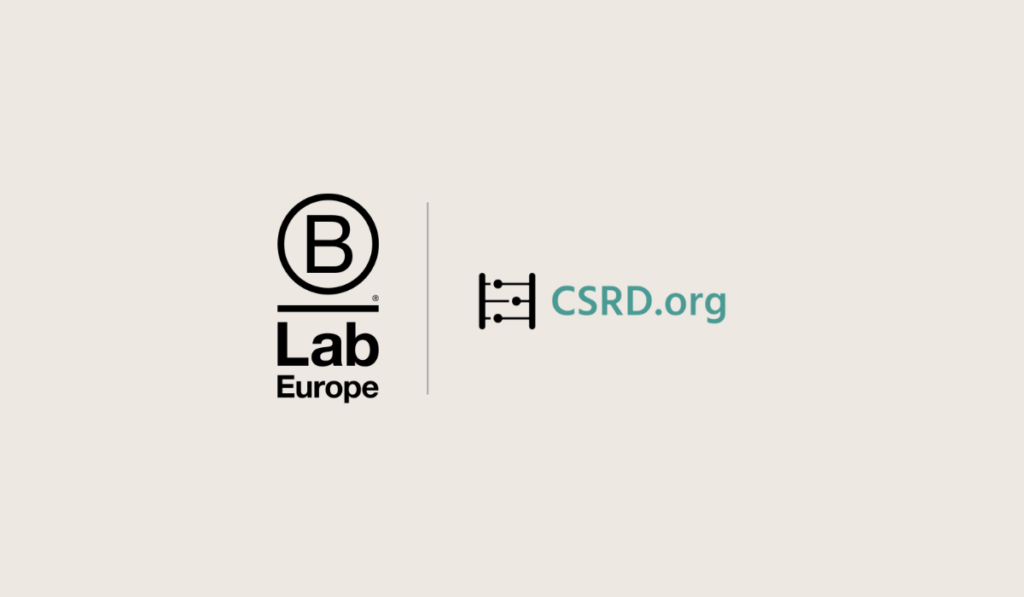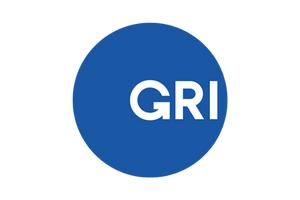Aftermath of CSDDD
Beyond rules and regulations that look to hold companies accountable for reporting, managing and mitigating their social and environmental impact, there are also several proposals on the table that look to standardize how companies communicate about their impact, find more of a consensus around the role of certifications and reinforce the importance of third-party verification of impact.

















